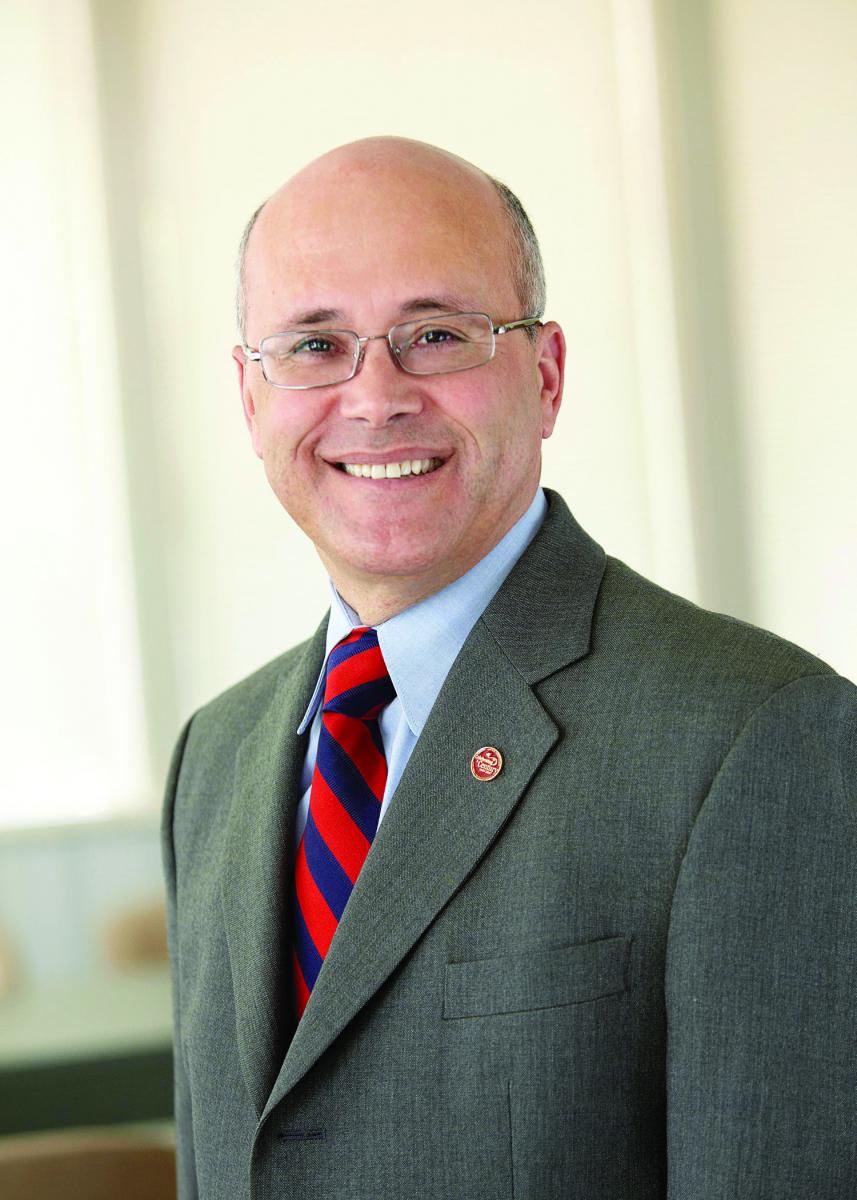
Is Education Golden or Gone?
Editorial by Hamlet Canosa / Photo by andeecollard on Flickr
Not too long ago, I listened intently to a long-time supporter of Seventh-day Adventist education say to me, “Adventist education is not what it used to be. Its ‘golden age’ is behind us and will never return.”
His prognostication was difficult to refute. Measured by enrollment trends only, one cannot deny that Adventist education in the ’50s and ’60s was formidable. Accessibility, affordability, work-study programs, strong church demographics and other factors optimized Adventist education’s growth and impact on the church as a whole in North America.
More than a half century later, however, Adventist education is challenged on many fronts. Some of the aforementioned factors are no longer assets to and of Adventist education. Instead, today they pose significant risks to the long-term viability of one of our church’s most vital ministries. For example, escalating costs, particularly for secondary education in a boarding school setting, have had a profoundly negative impact on student accessibility, enrollment and funding to effectively maintain infrastructure, etc.
Add on intergenerational tensions over cultural and theological issues within the church; as well as social, economic, cultural and political realities that continue to tear and shape an ever-changing America, and one must wonder how Adventist education will survive—let alone thrive—in a new century.
Looking to the Future
Having had the privilege of serving in this ministry for more than 40 years, nearly 24 of which has been in the Columbia Union, I offer five “imperatives” that, I believe, must lead our education system now and into the future:
Adventist education must …
• always remain uniquely Adventist. All aspects of this church ministry should rest upon and/or be filtered through the foundational philosophy and fundamental tenets of our faith. Our system must always have Christ and His Word at its very core—focused on teaching students of Christ’s love, call to mission and soon return.
• secure new and sustainable revenue flows. We need to lessen the current, heavy dependence on parent-provided tuition dollars.
• be flexible and adaptable. We should be systemically prepared to take full advantage of available and/or emerging technologies to ensure highly effective, cost-efficient delivery of instruction at all levels.
 • uphold excellence as more than a mere descriptor; it’s a perpetual hallmark! Our education system must be led by decision-makers who won’t “settle” for a product that is described as good or even very good. Excellence must be the critical thread woven into the system’s curriculum, teacher preparation and professional development, school classroom environments, leadership and governance strategies.
• uphold excellence as more than a mere descriptor; it’s a perpetual hallmark! Our education system must be led by decision-makers who won’t “settle” for a product that is described as good or even very good. Excellence must be the critical thread woven into the system’s curriculum, teacher preparation and professional development, school classroom environments, leadership and governance strategies.
• continue to seek new and effective means to “tell its story;” not only to its internal market, but also particularly to others who seek to provide a values-driven, academically rigorous and, above all, Christian education to their children.
Hamlet Canosa serves as vice president for education for the Columbia Union Conference.

Add new comment